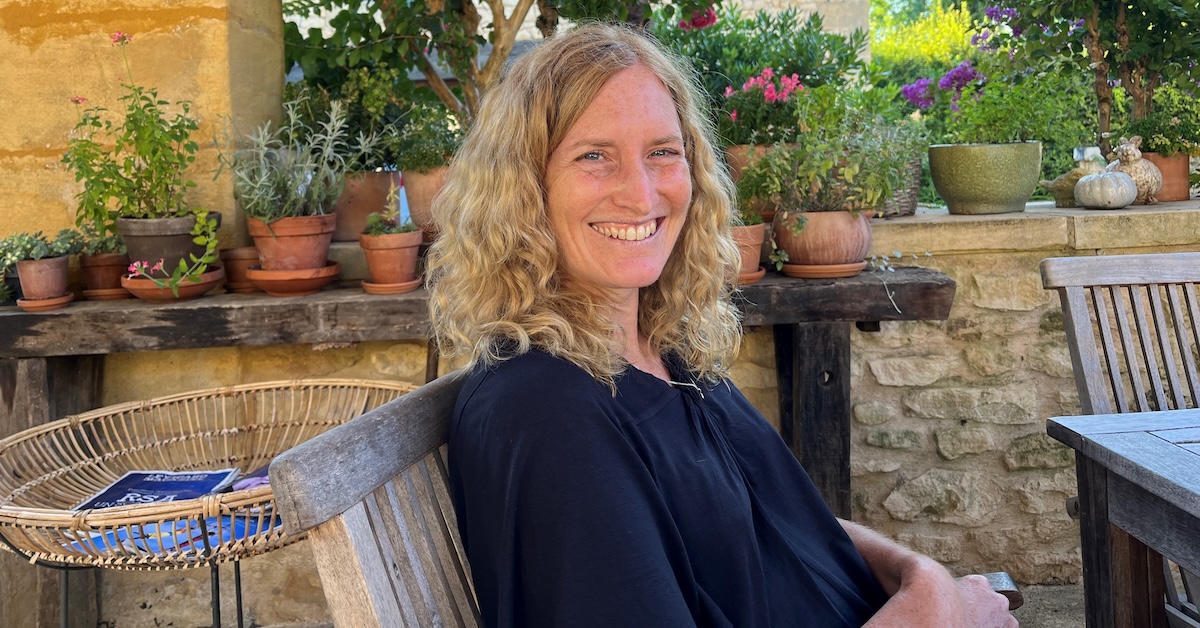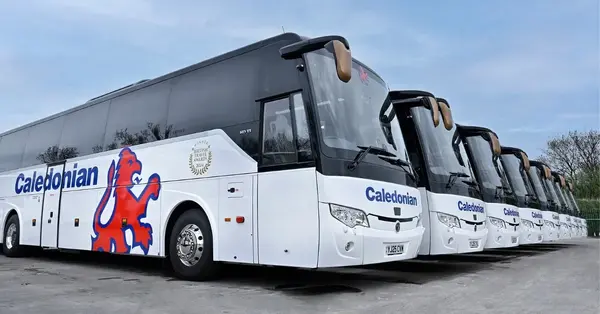You are viewing 1 of your 2 free articles
Contrasting performance between agents and airlines revealed in latest consumer card spend update
Spend growth through travel agents almost stagnated in May while outlay with airlines nearly doubled from the previous month.
The contrasting performance is disclosed in the latest monthly consumer card spend data issued by Barclays today (Tuesday).
Agents saw spending rise by just 0.1% in the month although transactions grew by 11.4%, according to the bank.
However, spending with airlines went up by 9.7% against 5.5% in April, despite transaction levels dipping by 3.5%.
This came as a quarter of UK adults polled by the bank said they would opt for lesser-known or cheaper alternatives to popular tourist spots this year, otherwise known as ‘destination dupes’.
Of these, a third (33%) cited cost savings as the main reason, while others were seeking more authentic (29%) or up-and-coming destinations (18%).
Overall travel spend in the month rose by 3.7%, helped by the sunniest spring on record, according to the report.
Yet UK consumers’ confidence in both household finances and their ability to spend on non-essential items declined in May - household finances fell three percentage points to 67%, while ability to spend on non-essentials fell four percentage points to 56%.
Consumer card spending grew just 1% year-on-year in May, down from April’s 4.5% growth, and below the latest CPIH inflation rate of 3.5%.
“May’s two Bank Holidays encouraged discretionary spending, yet this was offset by wet weather in the second half of the month, and by consumers cutting back amid falling confidence in personal finances,” Barclays said.
The bank’s head of retail Karen Johnson said: “Consumers are clearly becoming more value-conscious as financial pressures persist, but they’re still finding joy in the everyday – whether that’s a small treat, a cinema trip, a garden project, or a carefully planned getaway.
"The double bank holidays in May and record sunshine will have given non-essential spending a helpful boost, but this was largely outweighed by the rainy weather in the second half of the month, while longer-term uncertainty continues to shape how and where people choose to spend.”


















